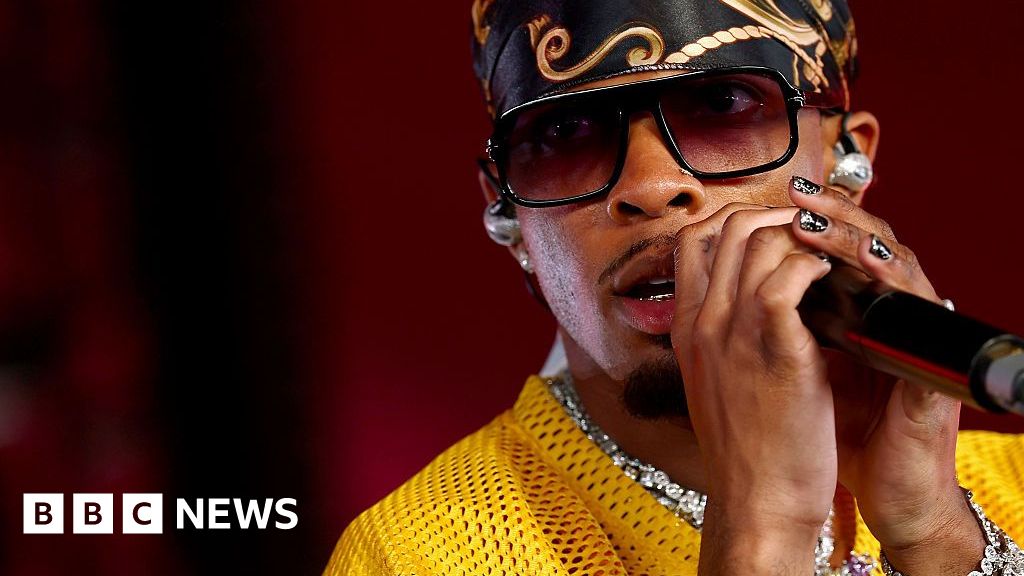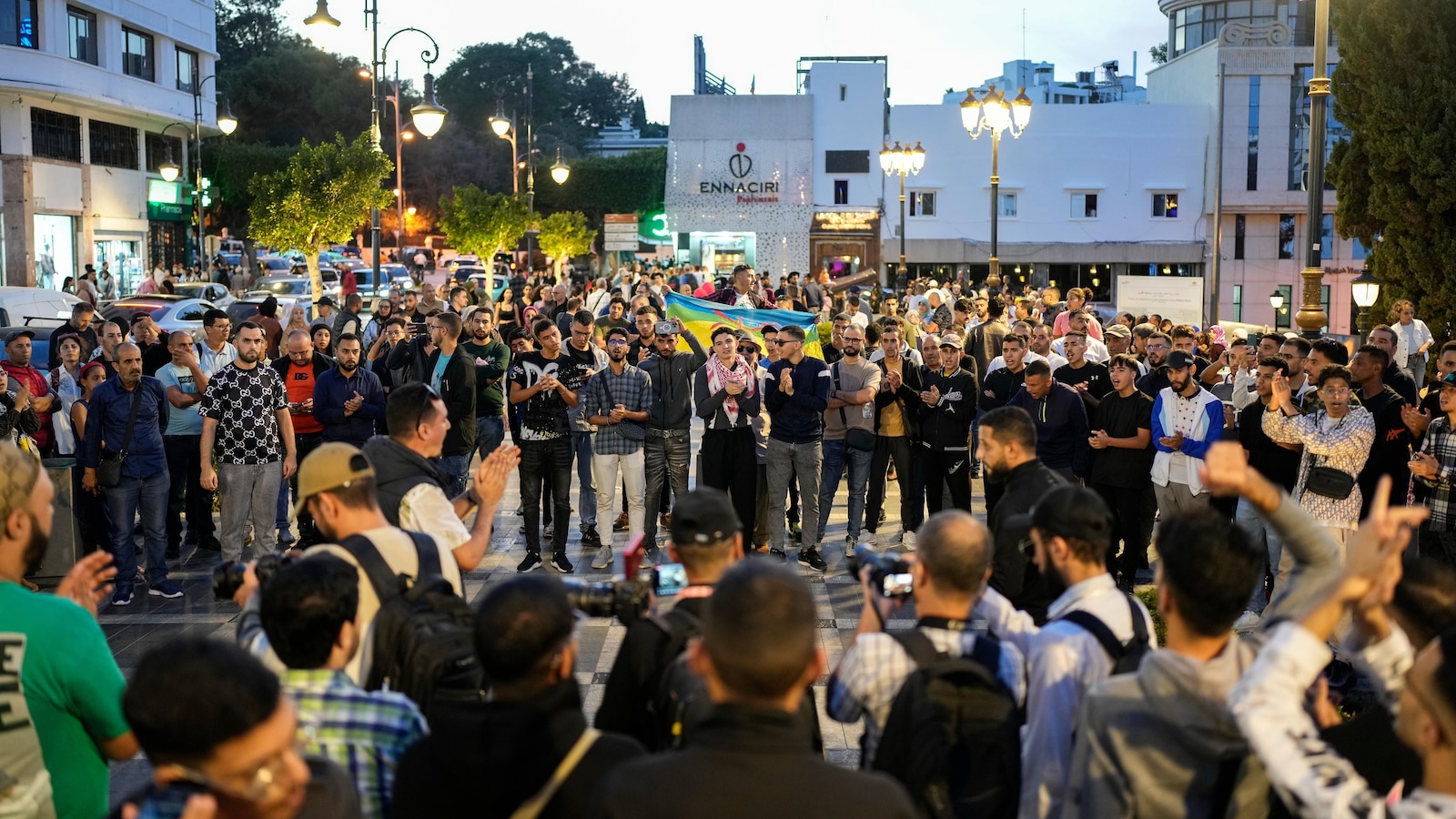As the country marks National Voter Registration Day on September 16, we reflect on the power of broad participation in our democracy—and the threats to it. While community partners nationwide do the important work to bring more people into the democratic process, federal and state lawmakers are advancing efforts that do the opposite.
Congressional Republicans’ misnamed Safeguard American Voter Eligibility (SAVE) Act, which has passed the House of Representatives but awaits consideration in the Senate, as well as President Donald Trump’s election executive order and his vow to end vote-by-mail are part of a broader national effort to restrict voting access. But the threat is unfolding beyond Capitol Hill and the White House—in the quiet spread of laws and policies closer to home.
Less visible, yet just as dangerous, is a wave of copycat bills in statehouses and local governments across the country—over 160 this year alone—mirroring federal attempts to use voter silencing laws to take away the votes of eligible Americans.
From Florida to Ohio to Michigan, state lawmakers are pushing for legislation that would force voters to prove their citizenship with documents like birth certificates or passports. Such bills would disproportionately impact populations who already face deliberate barriers to voting, such as students, active-duty military, Black and Brown voters, rural residents, and low-income Americans.
The SAVE Act has become a permission slip for state lawmakers to advance similar restrictions, often justified by misinformation masquerading as fact. These efforts distract us from the real issues facing our families and make it harder for eligible Americans to vote. The real agenda is exclusion.
This strategy plays out through what we call "pink lines"—seemingly modest measures that normalize and pave the way for more draconian voting restrictions. If red lines represent overt crises, pink lines represent the subtle, strategic maneuvers that normalize disenfranchisement.
Over time, these pink lines can harden into long-term barriers that are difficult to unwind—even after their claims are disproven. They accumulate into a system that denies our freedom to cast a ballot, disrespects our election system, and drums up a broader crisis of legitimacy, giving disproportionate power to election corruptors and eroding public trust in democracy.
This is a crisis in slow motion—and we are watching it play out state-by-state. Take Florida, where lawmakers introduced HB 1381, a bill that would have required documentary proof of citizenship that was revised to reflect Trump’s election executive order. Or Ohio, where SB 153 and HB 233 would impose severe restrictions on voter registration and create criminal penalties for individuals who fail to meet new bureaucratic hurdles. In Michigan, even after a similar measure failed in the state legislature, new petitions are circulating to put voter ID and citizenship documentation requirements on the 2026 ballot.
Read More: The SAVE Act Could Threaten Voting Access for Many Women—And Repeat History
These proposals echo failed experiments from the past. In 2011, Kansas passed a proof-of-citizenship law that ultimately blocked more than 31,000 eligible citizens from registering to vote. The courts struck it down as unconstitutional. Arizona’s version led to confusion for election officials, including a lack of clear guidance on processing voter registration updates without birth certificates or passports—and could cause the disenfranchisement of thousands. History is repeating itself.
Beyond legislation, anti-voter activity is showing up in local governance, too. In Wisconsin, small town officials have unilaterally removed drop boxes or rejected voting machines, ignoring state guidance. In Georgia, individuals who have baselessly questioned the legitimacy of past elections and submitted mass voter challenges regarding the eligibility of registered voters have sued for appointments to local election boards—raising concerns about the potential for voter intimidation and partisan interference in election administration.
We cannot afford to stand by while pink lines solidify into lasting barriers—potentially blocking millions of eligible Americans from voting. Trump’s election executive order, SAVE Act, and their state-level counterparts are not isolated events. They form a connected strategy, along with attempting an aggressive, mid-decade redraw of Texas’s congressional map, deploying the National Guard to Washington, DC, and threatening to end vote-by-mail.
Taken together, these efforts to exclude people from voting form a strategy to hold onto power. We must act: work with communities, partners, and state and local officials to ensure that every American can make their voice heard by getting on the voter rolls, staying on the rolls, and casting a ballot that will count. That means rejecting attempts to restrict voting access, defending safe and accessible election systems, and demanding that lawmakers champion pro-voter policies that expand access—like automatic voter registration and nationwide early voting.
All of us—advocates, neighbors, and voters—must make sure our own registration is up to date, help others register, and call on our representatives—from Capitol Hill to City Hall—to expand participation, not restrict it.
We know what democracy looks like: inclusion—when every vote is counted and every voice is heard at the ballot box.
National Voter Registration Day is a reminder that democracy starts with each of us. The 2026 election has already begun. Let’s act like it—and protect the promise of democracy for all.

 1 month ago
20
1 month ago
20










 English (US) ·
English (US) ·